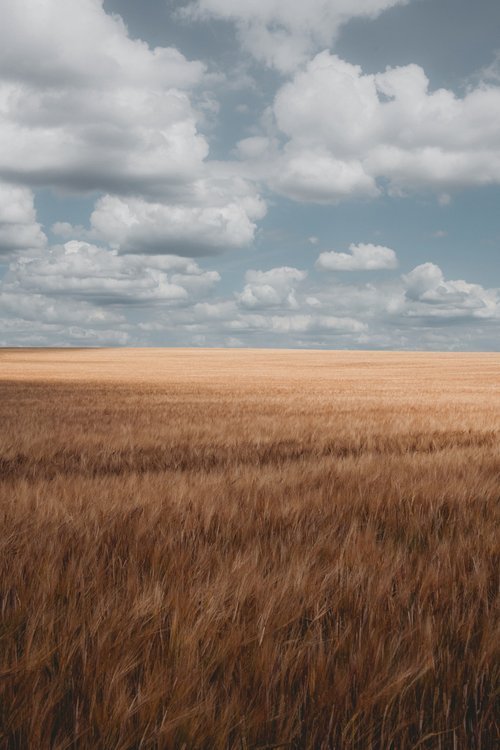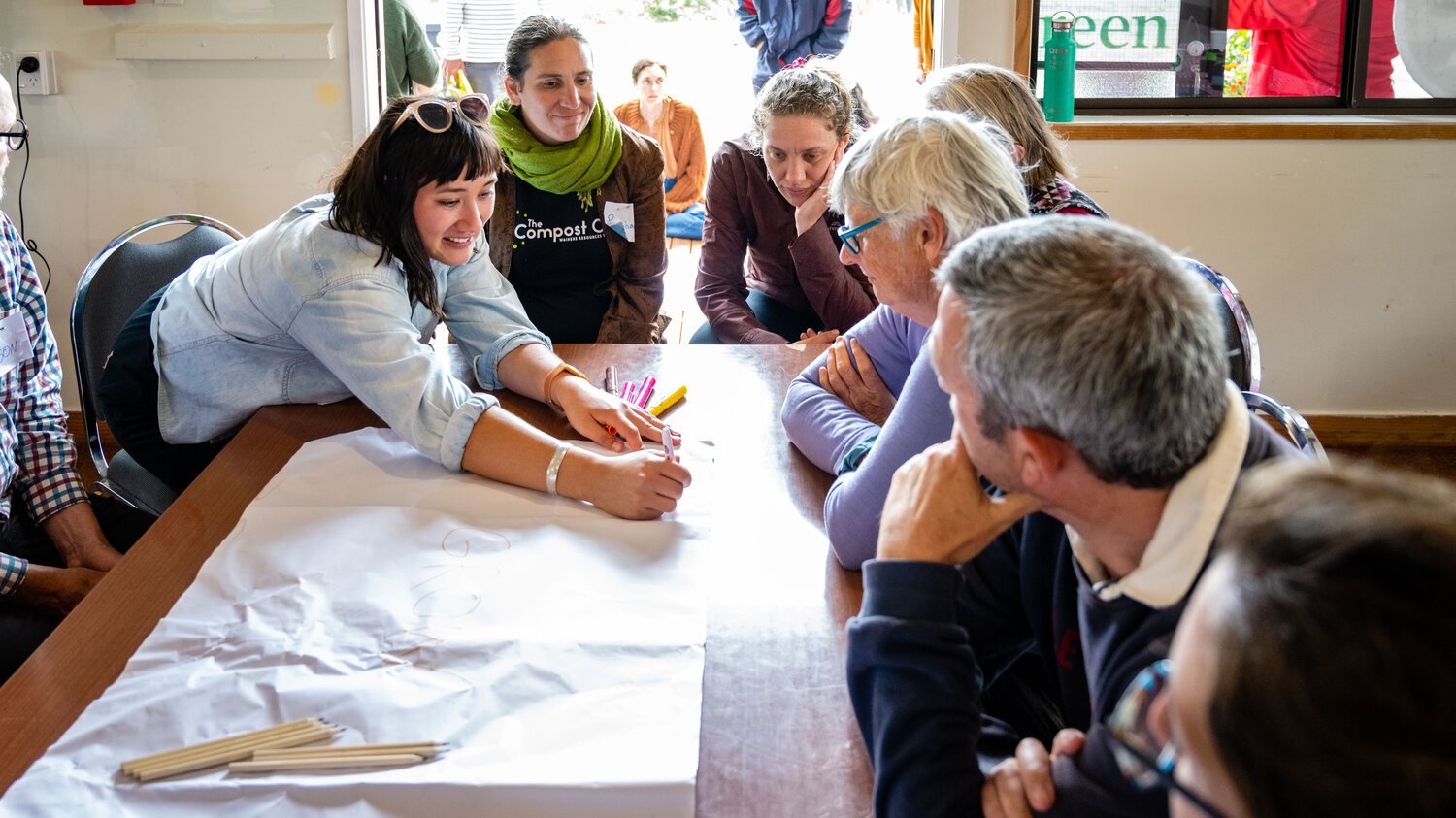
A time to dig (and dig deep)
Emily King reflects on Te Kōanga (Spring) 2021. During a lockdown and a pandemic, the time to dig takes on a new meaning. Using the example of Kai Waiheke and what’s happening in the Waiheke food system, she demonstrates how local food solutions need community at the heart and that it requires us to all dig a little deeper. This article first published in the Waiheke Weekender.

Stop paving paradise to put up a parking lot!
It’s time to stop the urban sprawl encroaching on our highly productive soils and sustainable food systems in our city-regions. Emily King discusses the statistics from Our Land 2021 and the recent Environment Court case that demonstrate the scale this expansion is having on our growers.

Learning from our food system during Covid-19
In a time of Covid-19, global lockdowns, restrictions on movements, business closure, and mass death by the pandemic, the food system is at the fore of people’s minds, alongside the health and economic systems around the world. We’ve seen the importance of population health and its role in a stable economy and we’ve seen a global response to a common threat. Covid-19 also illuminates our tenuous connection to our food system and how that system is linked to our health and economic systems.
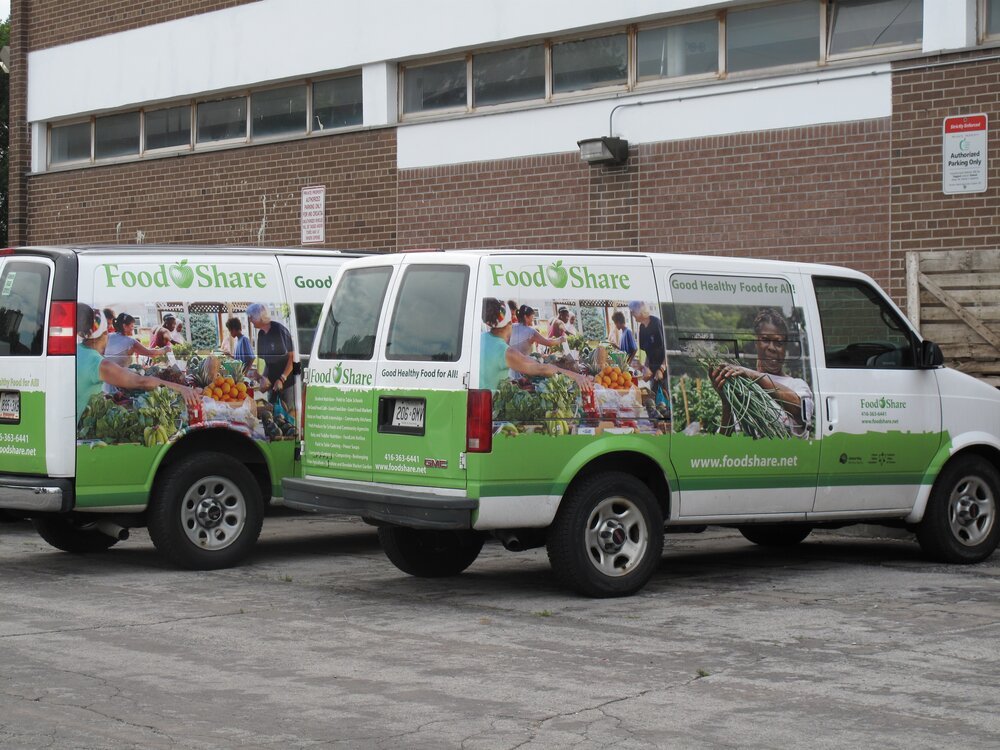
Accessing food for your whānau and helping others to access food during Covid-19.
New Zealand is in lockdown with Covid-19. Those hit the hardest need to access food at this time. Here’s a set of resources to help people find food distribution; information for those who want to donate or volunteer to help; and for organisations distributing food at the moment that need support.

Food resilience
This week I gave a key note at the Eat New Zealand Food hui, in Auckland. Below follows an outline of that address. I was fortunate to sit alongside four talented panelists who are great examples of what is happening on the ground in Aotearoa: Kelly Francis, the whenua warrior, digging gardens in backyards across the country; Jasmin Jackson, from Kai Rotorua getting good affordable kai into schools across Rotorua through Ka pai Kai; Sue Neureuter, guardian of the Noises islands working tirelessly for conservation in the Hauraki Gulf; and Gretta Carney, of Hapi foods.
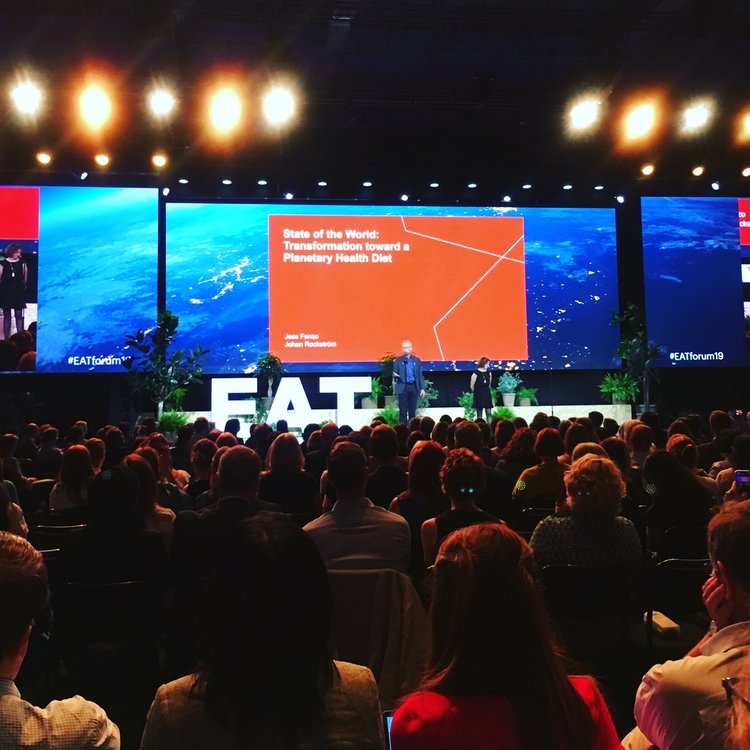
Regenerative agriculture and agroecology for breakfast
We are at the EAT Stockholm Food Forum 2019. Over 1000 delegates from around the world converge in Stockholm to act as change agents to transform the food system. From government ministers, to companies, chefs, NGOs, farmers, and city governments, there is a mix of health and sustainability tackling how food can fix our environmental and social issues. Day one began and ended with strong statements from one of the world’s biggest food companies talking to the heart of food systems change about regenerative agriculture and farming. At Spira we work on regenerative agriculture in New Zealand, so this was a key topic for us as we transform the food system.
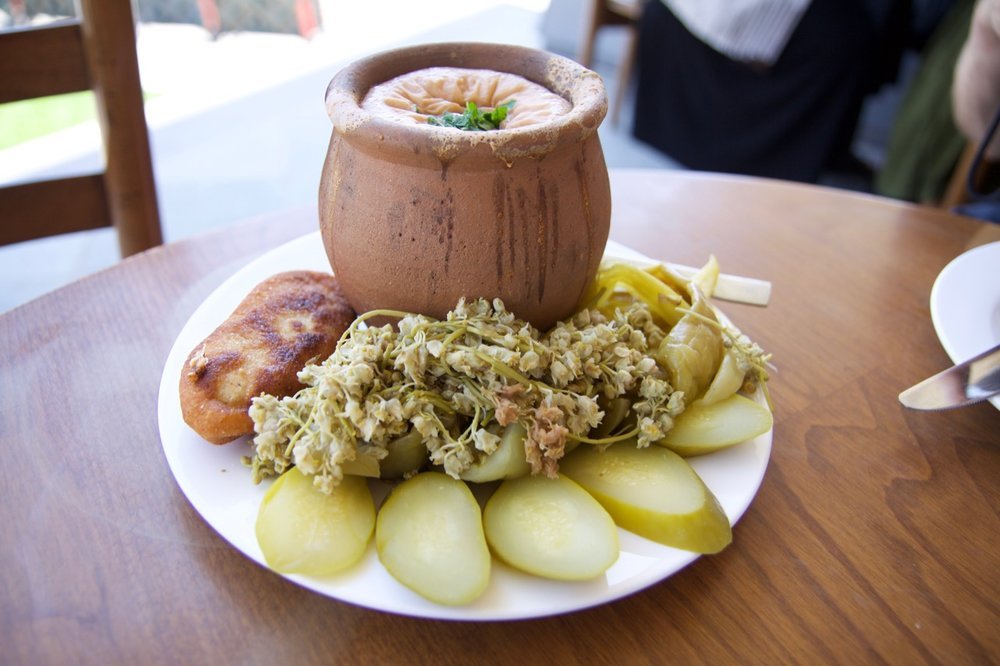
Why councils in New Zealand need food policy
As a local council what can you do about food policy? For some it is a new and unfamiliar field, but there are plenty of examples around the world and New Zealand that are shooting up that you can learn from. We’re happy to help you if you need advice on your food policy.



